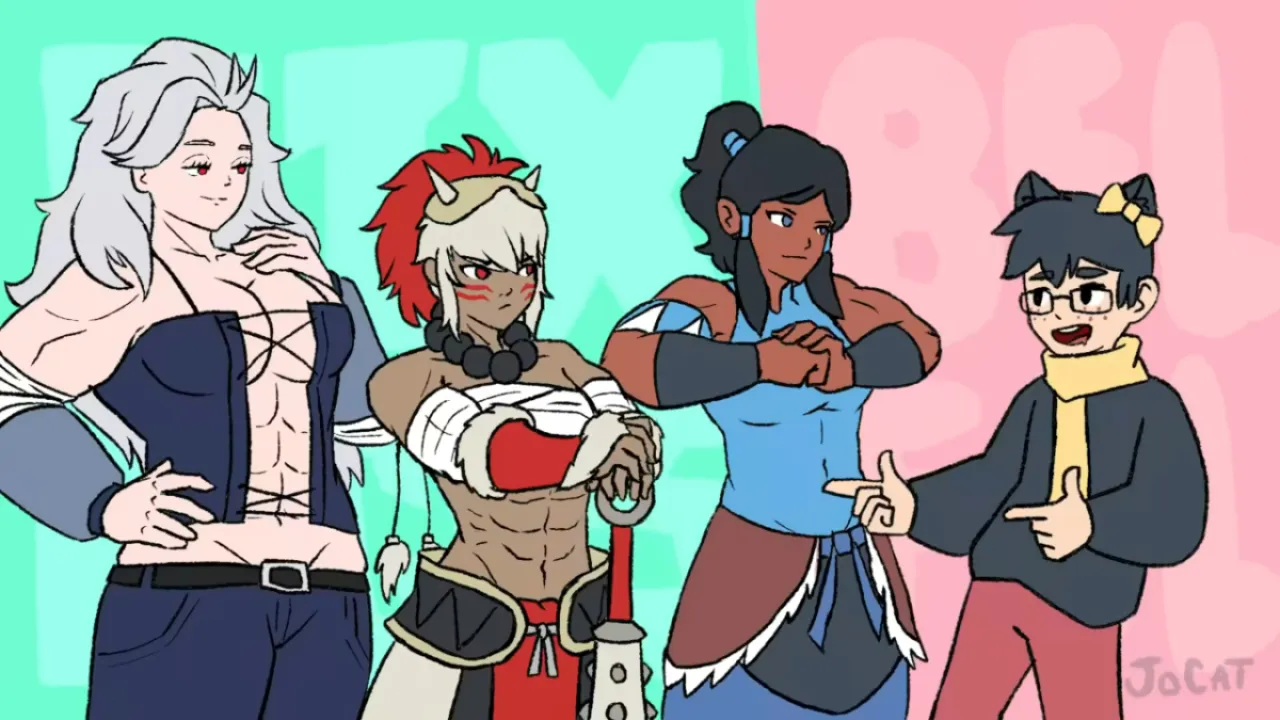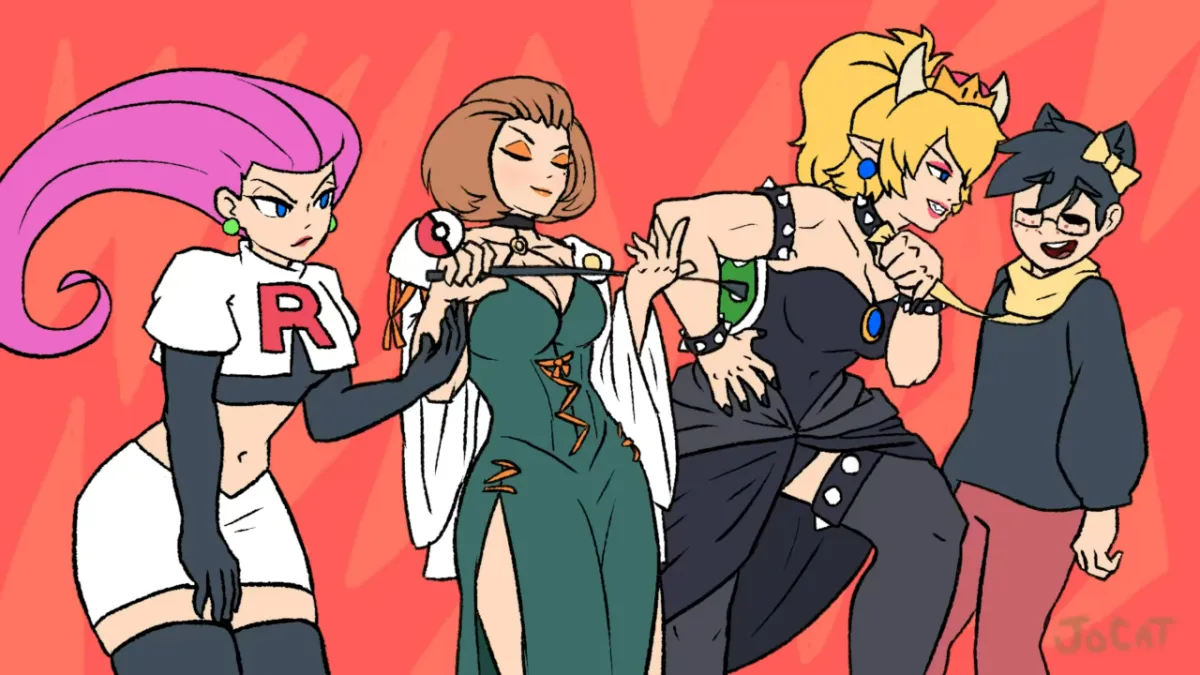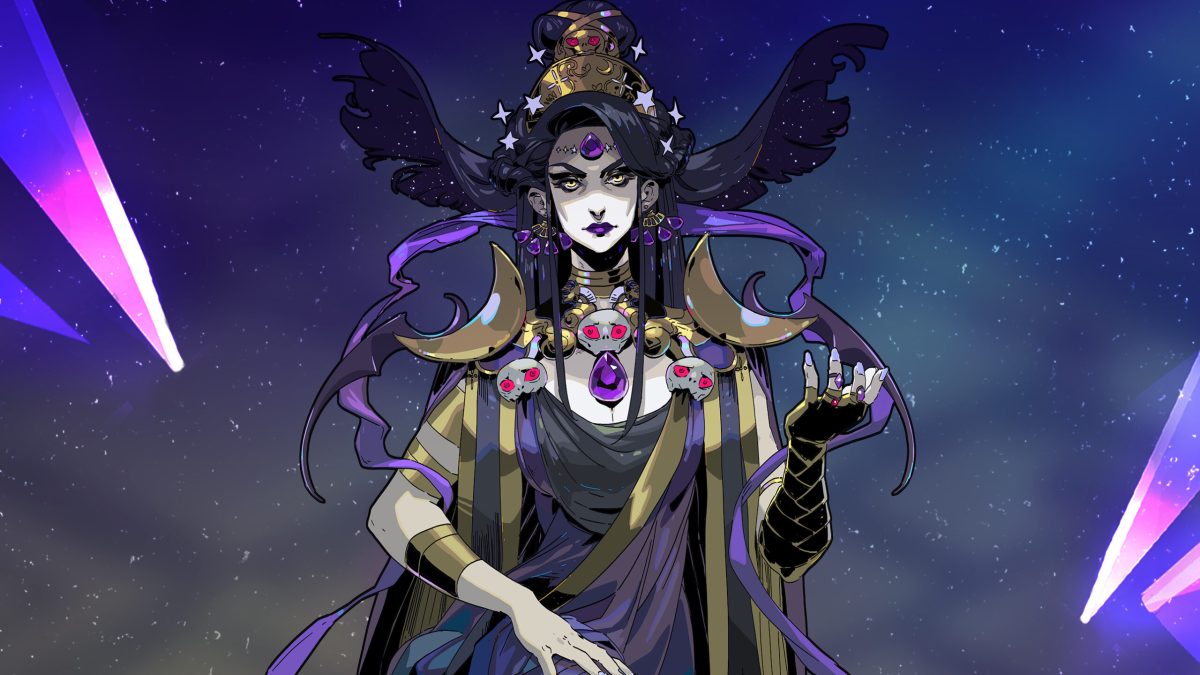If you’ve been on Twitter over the past few days, you’ve likely seen a genderbent Lizzo parody video hit your timeline from JoCat, based on some audio from one of his Baldur’s Gate 3 streams.
“I like big girls,” a cartoon catboy sings. “Pretty kitty girls. Really witty girls. Singing ditty girls. I like the leggy girls. With the nice thighs. I like a good chest. No matter what size.” The music video proceeds to show off a wide range of video game women, celebrating their differing physical attributes, whether they’re short or tall, muscular or chubby.
Silly, but ultimately harmless, right? Not to some. The video has since kicked off an enormous online discourse around “cringe,” online harassment, and treating content creators with privacy and respect.
What is JoCat’s ‘I Like Girls’?
JoCat’s “I Like Girls” is a reversal of Lizzo’s “Boys.” Like the original single, the song celebrates the different kinds of people the singer is attracted to and why he finds them appealing. It’s also ridiculously divisive. With over 11 million views on YouTube, some viewers find it a genuine, body-positive take on how women are beautiful in all shapes and sizes. Others believe it’s a little objectifying for a catboy to sing that much about all the female video game characters he’s attracted to and why. Don’t we hear enough about the types of bodies men like?
Meanwhile, some internet users simply find the whole concept a little cringey and a little too thirsty for their comfort, most likely because the singer is a man.
These are all understandable perspectives and criticisms, of course. I personally agree with the first take, finding the song and its music video flattering in an adorkable kind of way. As a girl who leans a little chubby, I’m always flattered when people say my body type is attractive. Besides, I, too, like girls in all shapes and sizes, and for very similar reasons as JoCat. So I’d be a hypocrite for criticizing “I Like Girls” for essentially stating what’s already on my mind.
Nonetheless, JoCat has faced more than just criticism and side glances over his song. Over and over again across the past two years, Twitter users have shared the “I Like Girls” music video to talk about its “cringey” nature, but just last week, “I Like Girls” went viral after Twitter user @ZeroSuitCamus shared the animated music video, jokingly claiming to have made it herself.
With the song brought to a wider audience’s attention, this kicked up more criticism and conversation around its themes. And with it, JoCat decided to take an “indefinite break” from content creation online, but not before opening up about his experience with online harassment for creating the song segment.
“I never meant to make anyone upset”
On December 18, JoCat posted to his Twitter and official website, explaining that the “I Like Girls” song parody originally came from a 2020 Early Access Baldur’s Gate 3 stream. He proceeded to animate the segment and turn it into the “I Like Girls” music video, which went live in 2021. Initially, the animation received “universally positive response” from JoCat’s audience—but once it spread across the internet, things soured.
“About a year later, it seemed to have reached outside its target audience and ever since then I have seen and received many assumptions about my character, my history, my beliefs, my relationships, and all those of my partner, as well as threats of violence to me as well as my family, doxxing attempts, and mocking from even people I look up to and respect,” JoCat wrote. “All from a single 30 second video, out of 200 other ones.”

JoCat said “suspicious packages” were even sent to his family. Ultimately, he decided to pause his content creation ventures, stating he is “simply not strong enough to keep doing this if it means having to just accept this kind and amount of distress.”
“I never meant to make anyone upset, I only ever just wanted to make things I was passionate about for fun,” JoCat said. “I never intended for this one video to really be all that much deeper than just a thing I wanted to do on a whim because I thought it could be fun.”
Viewers on the internet certainly have every right to dislike JoCat’s video or feel like it was a little too objectifying of women. Again, that’s a fair criticism. I don’t necessarily agree with it, but as feminists, it’s important for us to engage critically with media in all shapes and sizes—even if it’s from an indie creator.
But doxing a random online streamer, harassing his family, and just generally making wild and unfounded statements about his character? That’s obscene. Finding a music video tasteless or cringey does not give a person a free pass to viciously attack its creator. People are allowed to exist in peace even if they create things we do not like, especially if they aren’t hurting anybody—and it seems obvious to me that JoCat had nothing but good intentions with his parody song.
(featured image: JoCat)









Published: Dec 18, 2023 04:52 pm